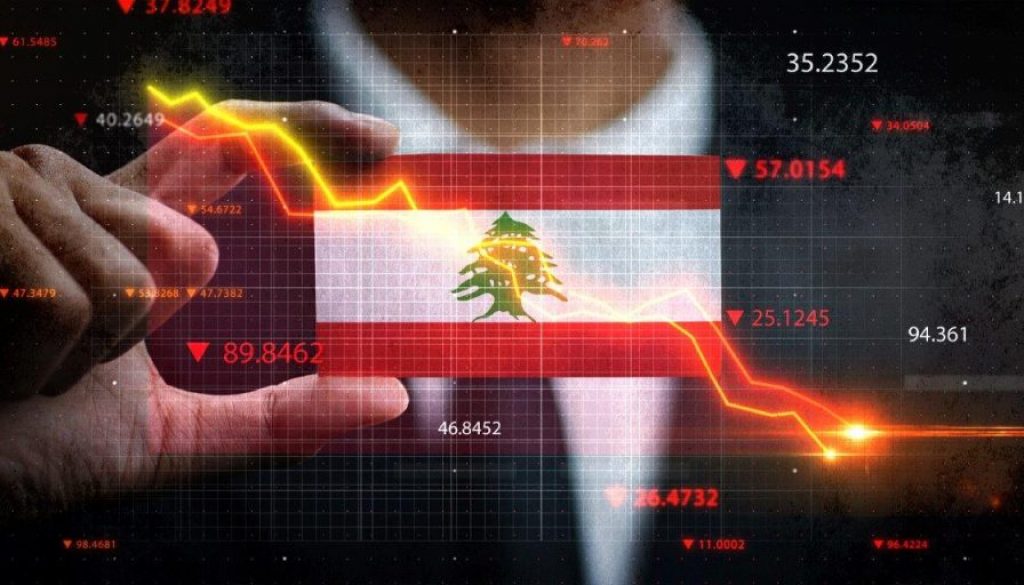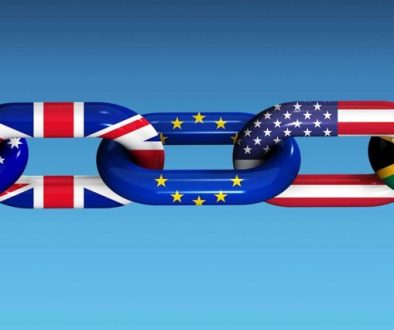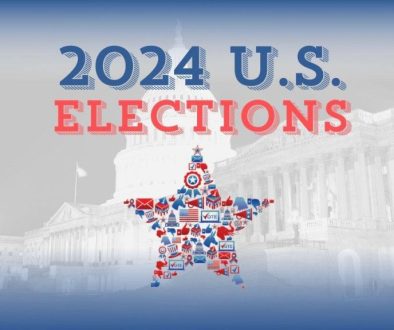It postulates that the Lebanese banking sector is on continuous quest for the legitimacy of the US regulator on which it is dependent to survive and might encounter problems along the way to maintain it. Thus, his research was about exploring how the US regulations affect the perception of the Lebanese banking sector legitimacy and how legitimacy has evolved over time in the Lebanese context. Also, it investigates how the compliance functions of banks have been influenced by the US regulations and the ways in which Lebanese banks use their compliance activities to engage in legitimacy-seeking behavior, along with the strategic responses adopted by the Lebanese banking sector to respond to the challenges of its legitimacy.
Results are presented over three temporal brackets which were identified based on the critical events over the period under study. Period I [1997-2001] starts with the emergence of the first “convention” in the Lebanese banking sector for fighting money laundering, and ends in 2001 which witnessed the harsh US regulations for fighting terrorism financing after the attacks of September 11 on the United States. Period II [2002 – 2010] is the period which preceded the collapse of the LCB due to violation of US regulations, and which was characterized by the evolvement of US regulations and the heightened US pressures on the Lebanese banking sector. Finally, Period III [2011 – 2018] starts with the year 2011 which was a turning point in the Lebanese banking industry due to the fallout of LCB, and which changed the rule of the game, and continued post LCB until 2018 with harsher and ascending US requirements.
A Past Filled With Regulation Challenges
During the period 1997-2010, the Lebanese banking sector has been subject to pressure of international regulations which have to do with anti-money laundering and counter-financing of terrorism. The international financial community considered that the measures adopted by the Lebanese banking sector in this respect were not sufficient to deter financial crimes. The lack of proper legislations and the strict banking secrecy regime were the main drivers behind this perception, whereas Lebanon held the issue of banking secrecy highly.
In addition, the United Nations Annual Report on drugs “criticized Lebanon for its reluctance to impose certain limits on banking secrecy in order to prevent money laundering” and the International Narcotics Control Board – an independent control organ for the implementation of the UN drug conventions – asked Lebanon “to reform its laws in a way that the judicial authorities to suspend the banking secrecy when investigating criminal activities” (Le Commerce du Levant, 2000).
As a result, Lebanon had been placed in 2000 by an inter-governmental body – the FATF – on the list of Non-Cooperative Countries and Territories (NCCT), among 23 countries.
Subsequently, the US Department of Treasury alerted US banks to exercise enhanced due diligence over financial transactions originating in or routed to or through Lebanon, and over transactions related to entities established in Lebanon or persons maintaining accounts in Lebanon. In view of the heightened pressure of the international financial community and the US as well, the Lebanese banking sector had to take immediate actions.
Owing to extensive efforts of Lebanese legislators, the Association of Banks and the Central Bank which felt the seriousness of the necessity to adopt measures to respond to the pressure of the international community, the Fighting Money Laundering Law 318 was born on April 2001. These measures have been applauded by the international financial community, in particular the US, and have had positive impact on the image of Lebanon and its banking sector, and it was appreciated by the FATF which concluded that the adoption of a law to fight money laundering and the establishment of a control commission are satisfactory.
Over the years the Lebanese banking sector has demonstrated its ability to serve as a model of stability and as a pillar of the country’s economy and society despite all challenges. However, the sector continued to face increased institutional pressures deriving from international regulations.
The most critical exogenous pressures are those exercised by a key institutional actor – the United States, and are of particular importance for the Lebanese banking sector to comply with for various reasons: the country’s dollarized economy, the need of the Lebanese banks to maintain correspondent relationships with their US counterparts in order to transact on the international level, and the “exorbitant privilege” of the US to enforce compliance with its regulations beyond its borders.
The consequences of non-compliance with the US regulations could be disastrous and may expose violating banks to reputational damage, financial penalties, and ban from access to the US financial system. This may also affect the sector’s legitimacy which could be questioned or even stigmatized in case of violation. Given the increased
challenges of the US regulations, Lebanese banks continuously seek a legitimacy that is conferred by the US, especially after the collapse of the Lebanese Canadian Bank (LCB) and Jammal Trust Bank (JTB) which were shut down due to violation of US regulations; Igniting the initial red flag towards a legitimacy downfall for the entire Lebanese banking sector.
Rude Awakening
When such scandals or crises hit an organization or a financial institution, the latter is seen by the social actors as illegitimate and become more exposed to comments and attacks. Such scandals or crises do not only impair the legitimacy of organizations that have been involved in the disruption or that are subject to the scandal, but also affect the legitimacy of other organizations in the same organizational field.
In this effect, the legitimacy of the Lebanese banking sector was to a certain extent taken-for-granted because it is hard to conceive a society without a banking system. However, it is not to be assumed that this legitimacy could never be lost or questioned although it might seem to be quite unshakable at certain points in time. All of a sudden, further to an additional scandal, an organization or a bank could reach some kind of a sector wide “cliff” in its legitimacy and become illegitimate.
In the case of Lebanon, the legitimacy of the entire banking sector was weakened by independent cases and then shaken to its core following the events sparked by the revolution of October 17th 2019, where civilian demonstrators took to the streets accusing the entire political and financial systems of corruption and collusion.
The Legitimacy Crisis
Commonly, organizations opt for legitimacy-seeking strategies to respond to institutional pressures and maintain their legitimacy. Till now, Mr. Nassar’s research found that the Lebanese banking sector choices for strategic responses were limited only to appease the exogenous pressures of the United States.
Results revealed the salience of three tactics which stemmed right after the LCB crisis:
- “over-compliance” where banks went beyond what is required by the US regulations.
- “de-risking” where banks cut off relationships with customers and businesses perceived as high risk and which could affect their relations with their US counterparts,
- “lobbying” where banks engaged in open dialogue with the US competent authorities in order to defend their legitimacy.
In essence, the sector became interest-driven in its choice of strategic responses, not because of any direct benefit, material outcome, or organizational efficiency, but merely because it was seeking legitimacy from a major institutional actor; Tactical maneuvering that defies the theoretical applications and researcher recommendations for what institutions should adopt to gain long lasting legitimacy.
Author:
Dr. Nassar has over 20 years of banking experience, particularly in the Internal Audit and Compliance functions. He is the current Group Head of Compliance Bank of Beirut. He holds a Doctorate in Business Administration from Paris Dauphine University and a Master’s degree in Business Administration (MBA) from Saint Joseph University – in partnership with Paris 1 Pantheon – Sorbonne University and Paris Dauphine University.
Dr. Dany Nassar earned the 2021 first prize for the best doctorate granted by the Association Internationale de Management Stratégique (AIMS) in France this month. His research was entitled “Evolution of the Lebanese Banking Sector Legitimacy: Strategic Responses to Pressures of US Regulations”.



